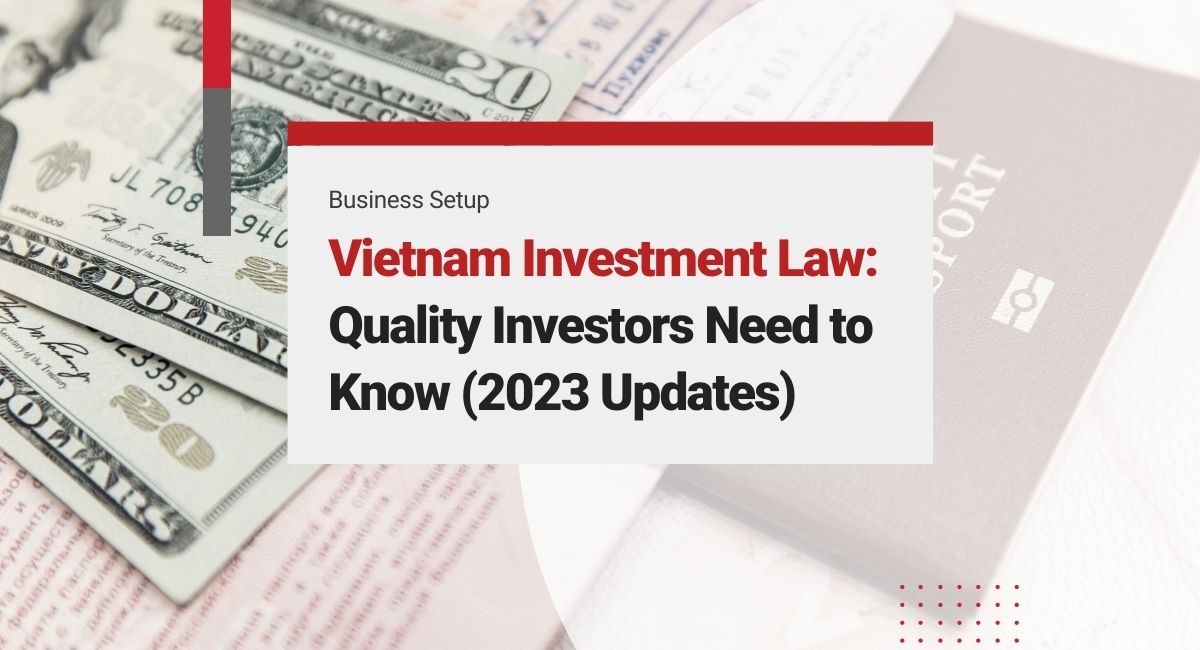Investors are increasingly setting up a joint venture (JV) company in Vietnam for several key reasons. This kind of business allows rapid expansion into new markets by leveraging local partner resources and networks. It also enables cost-sharing, reducing financial risks associated with market entry.
Additionally, local partnerships provide valuable market insights, enhancing competitive advantage. Finally, partnering with a respected local entity builds credibility and trust in the community, making JV an effective strategy for long-term success in Vietnam.
Setting up a Joint Venture in Vietnam? Check out InCorp Vietnam’s Incorporation Services in Vietnam
What is a Joint Venture (JV) Company in Vietnam?
A joint venture (JV) is a business arrangement where two or more parties agree to pool their resources to accomplish a specific task, such as launching a new project or pursuing other business activities. Each participant in the JV shares responsibility for the venture’s profits, losses, and costs. However, it operates as its own entity, separate from the other business interests of its participants.
Although a joint venture might be informally referred to as a partnership, it can be established using various legal structures, including corporations, partnerships, limited liability companies (LLCs), or other business entities. While JVs are often created for specific production or research purposes, they can also be formed for ongoing business activities. Besides, they can involve collaborations between large and small companies, allowing them to take on one or multiple projects and deals together.
Read Related: Everything You Need To Know about Company Incorporation in Vietnam
Advantages and Disadvantages of a Joint Venture
Advantages
A joint venture allows each party to pursue a new business opportunity while sharing the associated costs and risks. Since joint ventures are inherently riskier than routine business operations, this collaborative approach helps mitigate individual exposure to risk.
With the right partners, a joint venture benefits from a broader base of knowledge and a more diverse talent pool than any single party could offer alone. For instance, an entertainment joint venture between an animation studio and a streaming content provider can launch more quickly and with a higher likelihood of success than if either company attempted the project independently.
Disadvantages
Entering into a joint venture requires a willingness to relinquish some control, as key decisions are made collectively by the involved parties. It’s crucial that all participants share the same goals and are equally committed to the venture’s success.
Significant differences in company cultures and management styles can hinder collaboration. For example, the communication and working styles of an animation studio may differ greatly from those of a digital streaming giant, potentially leading to conflicts.
Additionally, a joint venture increases the number of management teams involved. If one party undergoes a major change in its business structure or executive leadership, the joint venture may suffer as a result, potentially becoming deprioritized or overlooked.
Requirements for Setting up a Joint Venture in Vietnam
To legally incorporate and operate a joint venture in Vietnam, the following requirements must be met:
1. Eligibility
- A joint venture must involve two business entities.
- For certain business lines, such as advertising, at least one partner must be a 100% locally-owned company.
2. Minimum Capital
- While most business sectors in Vietnam do not have a legal minimum capital requirement, it’s essential to propose a realistic and reasonable amount for your joint venture.
- Typically, businesses propose a minimum capital of around US$10,000, though this amount can vary based on the specific activities of the joint venture.
- The proposed capital should cover key expenses, including labor costs, office leases, utilities, and investor visa fees.
- Some business lines have specific minimum capital requirements, such as VND 20 billion (approximately US$860,000) for the real estate sector.
Read More: An Extensive Guide to Industry Capital & Deposit Requirements in Vietnam
3. Restricted Business Sectors
Certain sectors in Vietnam do not allow 100% foreign ownership of a joint venture, necessitating a partnership with a local company.
Some of these restricted sectors include:
- Entertainment services
- Advertising services
- Telecommunication services
- Electronic game businesses
- Agriculture, forestry, and hunting-related services
- Tour operator services and travel agencies
- Customs clearance services
- Container handling services
- Auxiliary transport services
- Road, rail, and internal waterways transport services
This ensures that joint ventures in these sectors align with Vietnam’s regulations and local partnerships are in place where required.
Read More: A Comprehensive Guide to Regulated Business Lines in Vietnam
Procedure for Setting up a Joint Venture in Vietnam
The process of setting up a joint venture in Vietnam is as follows:
1. Obtain an Investment Registration Certificate (IRC)
Begin by acquiring an Investment Registration Certificate from the Department of Planning and Investment (DPI). This process typically takes about a month.
Read More: Your Easy Guide to Obtaining an Investment Registration Certificate (IRC) in Vietnam
2. Get an Enterprise Registration Certificate (ERC)
After obtaining the IRC, proceed to secure an Enterprise Registration Certificate from the Department of Planning and Investment (DPI). The ERC is usually issued within a week.
Read More: Required Business Registration Certificates (ERC) in Vietnam for Company Formation
3. Register for Tax
Next, register for a tax identification number and pay the annual business license tax within 30 days of receiving the ERC.
4. Contribute Capital
Ensure that your joint venture contributes the required capital within 90 days of receiving the ERC.
5. Apply for Any Supplementary Licenses
Certain business lines in Vietnam require additional licenses to operate legally. For example, a construction permit is necessary if you are establishing a manufacturing company. Verify whether your business needs any supplementary licenses and complete the application process accordingly.
How InCorp Vietnam Can Assist?
At InCorp Vietnam, our professional team is dedicated to helping investors navigate transactions, capitalize on opportunities, and ensure the successful establishment of a joint venture. Our business experts have extensive experience in assisting foreign investors who wish to partner with Vietnamese companies, effectively aligning both capital and expertise.
Beyond joint ventures, InCorp Vietnam boasts years of experience in setting up a wide range of entity forms, including limited partnerships, local limited companies, foreign limited companies, representative offices, branches, franchises, and more. We also provide expert solutions in accounting and tax to support your joint venture and other business endeavors.
Let us help you successfully collaborate on joint venture opportunities in Vietnam. Complete the form below.

clients worldwide

professional staff

incorporated entities in 10 years

compliance transactions yearly






